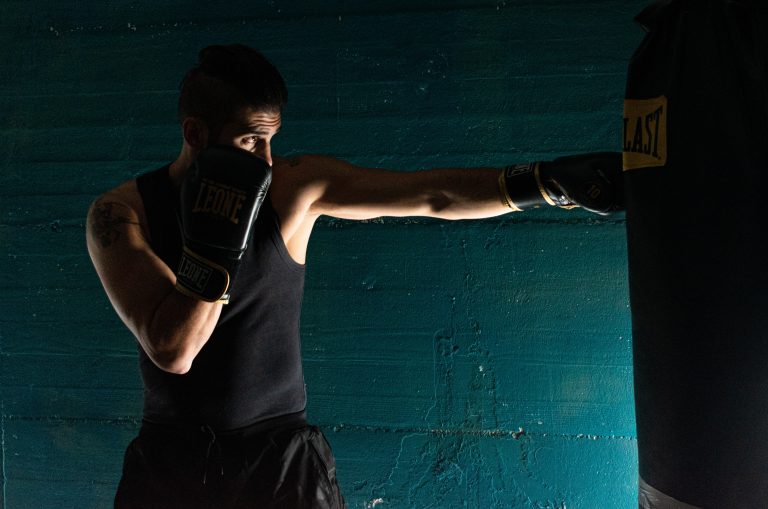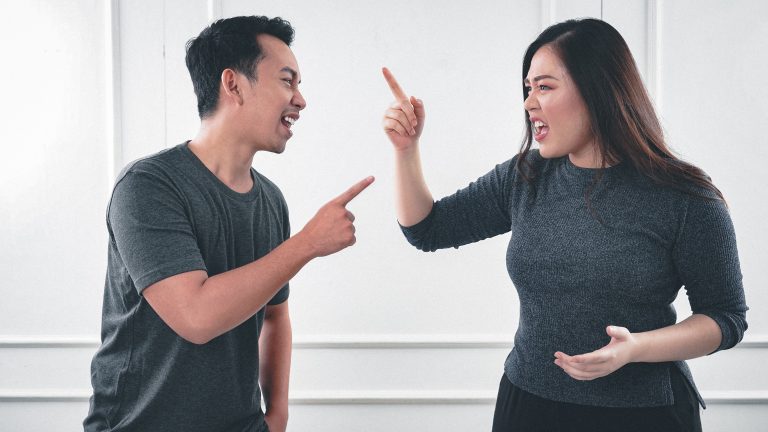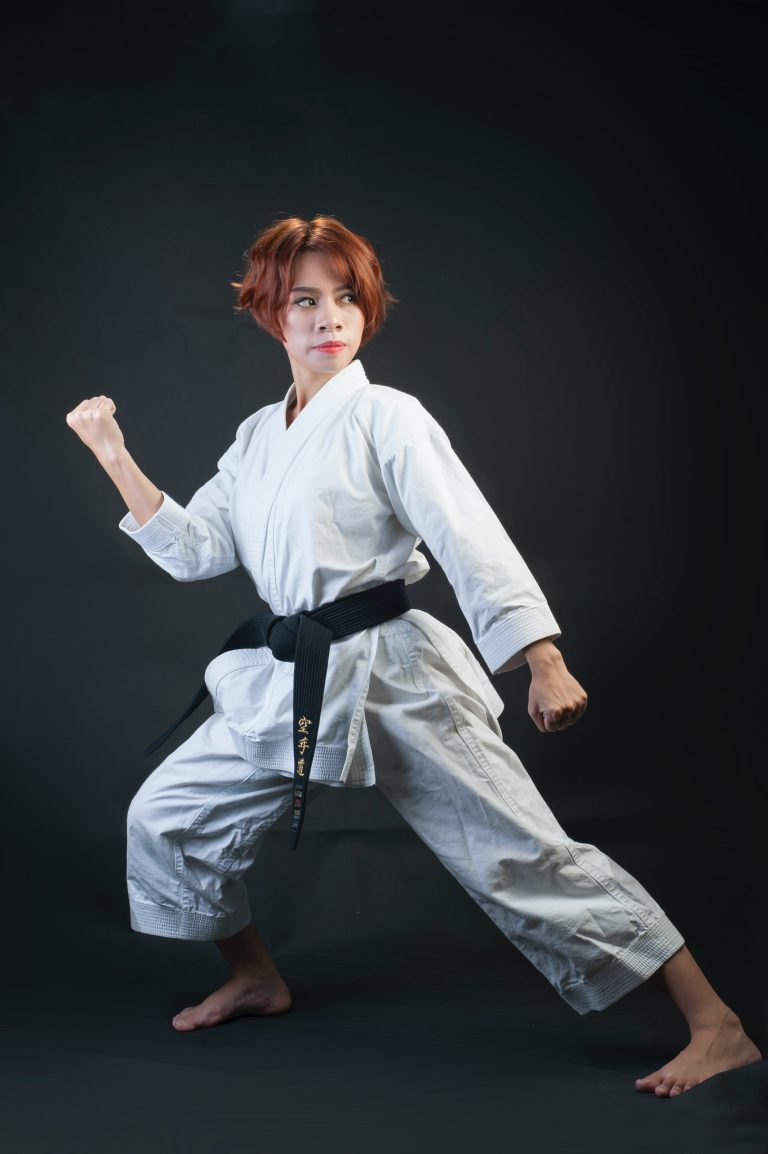What You Need to Know About Karate: A Comprehensive Guide
Karate is one of the oldest martial arts in the world, originally originating in the Ryukyu Islands of Japan. It focuses on self-defense, incorporating powerful strikes and blocks to protect yourself from an attacker. Karate is a broad term that encompasses many different styles and techniques; all of them share the same core principles, which makes it easier to learn even if you start mid-way through your martial arts journey.
If you’re new to karate, it can be a bit overwhelming! To make it a little easier, let’s take a look at some of the basics you need to know before taking on this interesting martial art.
The Different Styles of Karate
Karate is taught in many different styles, each drawing from traditional Japanese martial arts and gradually evolving over the centuries. There are three main styles:
- Shotokan Karate: This style, developed by the late Gichin Funakoshi, is focused on powerful group strikes and defensive blocks. It’s known for its impressive aesthetic and clean lines.
- Goju Ryu Karate: This style focuses more on circular movements, with an emphasis on counter-attack strategies.
- Shito-ryu Karate: This style blends elements of both Shotokan and Goju ryu, incorporating hard striking and strong defensive movements.
Another popular style of karate is Wado-ryu, which emphasizes fast and evasive movements. It can be more difficult to learn than other styles, so it’s recommended for more advanced students.
The Benefits of Practicing Karate
Practicing karate can help you in many aspects of your life. Not only does it help with physical fitness, but it can also improve emotional health and mental clarity. You learn discipline and respect for yourself and others by taking part in karate classes. And you build self-confidence as you master different techniques, allowing you to take on any challenge with the courage and determination you’ve gained from karate practice.
Other benefits of practicing karate include increased flexibility, improved coordination and reflexes, and better balance. You also gain a sense of pride as you advance through belt rankings and begin to learn more specialized techniques. All these benefits of practicing karate make it a valuable activity to engage in for anyone looking to improve their physical and mental well-being.
Getting Started with Karate
If you’re interested in starting karate, it’s best to find a qualified instructor. Martial arts instruction is not for everyone, so be sure to find someone who will provide a safe learning environment and one-on-one lessons that suit your individual needs. Ask around for local karate studios or dojos, or look for classes offered at schools or community centers. You should also check online listings for qualified karate teachers in your area.
Once you’ve found an instructor and signed up for classes, make sure to attend every lesson, stay focused on the task at hand, and follow your instructor’s instructions carefully. With dedication and discipline, you’ll soon start to notice the improvements your karate training can bring to all areas of your life.
Conclusion
Karate is one of the oldest martial arts in the world, offering physical, mental, and emotional benefits to anyone who takes the time to learn this ancient martial art. With the right instructor, the right mindset, and lots of dedication, anyone can start their journey towards becoming an accomplished karateka (karate practitioner). So start your training today with this comprehensive guide!
What You Need to Know About Karate: A Comprehensive Guide
Karate is a martial art which originated in Okinawa, Japan, and has now spread to different countries. It involves various physical and mental aspects which help build focus, discipline, and self-defense skills to those who practice it. But with its popularity comes numerous misconceptions and questions. Here’s a comprehensive guide to answering some of the most frequently asked questions about karate.
What is Karate?
Karate is a form of martial art that requires practitioners to use their hands, feet, elbows, and knees in attacks and defense. It’s built on the philosophy of self-defense using the minimum amount of force to overcome an opponent.
What are the Benefits of Karate?
Practicing karate has a ton of benefits. From developing self-discipline, improving confidence, and enhancing decision-making abilities, to increasing physical fitness and mental focus, it can help you become a better version of yourself. Some additional benefits of karate include:
- Improved cardiovascular health
- Increase in muscle strength and endurance
- Better coordination and flexibility
- Reduced stress levels
- Improved mental agility
Can Anyone Learn Karate?
Anyone can learn karate, regardless of age, gender, or fitness level. Kids and adults of all ages can enroll in karate classes to study the moves, techniques, and philosophies of this art. Some schools may offer classes that are tailored to different ages or skill levels. It’s up to the instructor to determine what level of intensity and complexity is appropriate for each student.
Do Karate Belts Signify a Person’s Skill Level?
Yes, karate belts are used to signify a person’s skill level in the art. There are different color belts, and each belt represents a certain level of achievement. Generally, students start with a white belt and move up the ranks after they meet the requirements set by their instructor. The belt color hierarchy typically goes as follows:
- White Belt (beginner)
- Yellow Belt
- Orange Belt
- Green Belt
- Blue Belt
- Brown Belt
- Black Belt (master)
Is Karate Just for Self-Defense purposes?
While karate is primarily intended for self-defense purposes, it can also be practiced as a sport or as a way of life. Its focus on technique, discipline, and physical fitness makes it an ideal form of exercise and can be an enjoyable hobby. It’s crucial to note, however, that self-defense should always remain the primary purpose of karate, and practitioners should never misuse it in aggressive or harmful ways.
Do Karate Martial Artists Participate in Competitions?
Yes, karate martial artists participate in various competitions worldwide. There are two types of karate competitions:
- Kata competitions – In this competition, participants demonstrate their skills by performing a set of karate moves in a predetermined pattern.
- Kumite competitions – In this competition, participants spar with opponents to improve their reflexes and fighting skills.
What Do I Need to Start Practicing Karate?
To start practicing karate, you would need to enroll in a karate school, also called a dojo or training hall. You’ll also require some karate gear, such as a uniform (gi), a belt, and protective gear like gloves and shin guards. You can get these items online or from your dojo store.
Do I Need to Be in Shape to Start Karate?
Absolutely not! Karate classes can be tailored to your needs, and you don’t have to be in top physical condition to start. In fact, karate training itself will help you improve your fitness levels gradually. Beginners should inform their instructors about any health conditions they have so that the class may be adjusted to accommodate them.
Conclusion
Karate is an excellent martial art that can benefit adults and children in many ways. As with any other activity, it’s crucial to do your research before starting and find an instructor that is knowledgeable and experienced in teaching this art. We hope this comprehensive guide has answered some of your questions about karate and has given you a better understanding of what it entails.
Inhaltsverzeichnis






